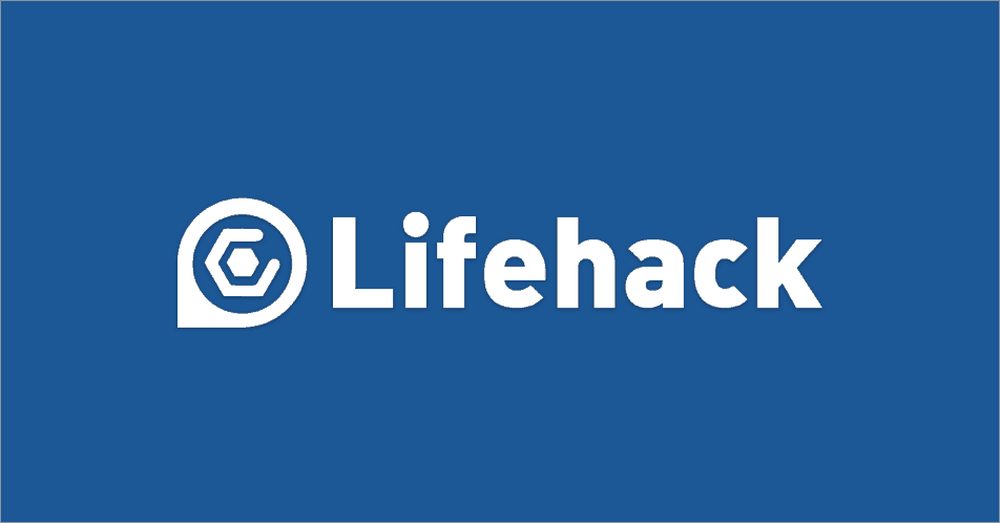
Peter Atkinson
0
1807
19

“I don't know.”
Perhaps the three hardest words to say in the English language. But perhaps they are also words we should be using more often. You don't have to look far back into history where people believed things that we would now see as ridiculous: a flat Earth, a sun that orbits us or that blood letting was an effective medical practice. Advertising
Similarly I don't think you need to look far back into your personal history to find examples of where you have been wrong. Relationships you felt would last forever that didn't make three weeks. Career paths you ignored. Beliefs you held that turned out to be false.
Benefits of Skeptical (and Critical) Thinking Advertising
There are a lot of practical applications for using skeptical thinking. Unfortunately, with the recent popularity of programs like The Secret and positive thinking self-help, rational thinking is being subverted for a self-induced placebo effect. Here are some benefits you can get from using skepticism on practical matters:
- Creativity - The best way to prevent new solutions is to believe you already have the answer. Allowing a gap of doubt can allow creative alternatives to flow in. If you are adamant that advertising will not work for your product, you might cut off hundreds of ideas for improving your business.
- Planning - Assumptions are the enemy of planning. A common rule of thumb for software development is to plan to use double the amount of time you need; then add six months. Write your plans too narrowly and they may collapse under new information.
- Quickly Integrate New Facts - When you also maintain a small margin of doubt, you can allow in new facts easily. If you are completely certain your approach is perfect, you won't be able to adjust when evidence points that it isn't.
- Reveal Weaknesses - Many of the things that sabotage your efforts will be completely unknown. Thinking critically and examining the information can reveal some of these traps.
Becoming a Better Skeptic Advertising
Here are some ways you can integrate healthy skepticism into your life:
- Measure - Get the numbers and use them as a basis for improvement. Avoid subjective judgements where possible. The data usually won't provide the whole story, but it provides a solid foundation for drawing conclusions.
- Examine Your Scale - Data itself is worthless with a broken scale. Take steps to regularly ensure that your numbers are measuring what they need to. Getting caught in meaningless statistics is worse than having no data at all.
- “What if I'm wrong?” - I try to ask myself this question whenever I need to make large assumptions. Examining both potential sides leaves you an exit route if the information turns out to be false.
- Know the Unknowns - Figure out the unknowns in any project or endeavor. You can't account for every missing variable, but being aware of them will help you react if new information comes in. If you are making a career decision, what unknown factors is that based on? That you will enjoy the work? That you will be challenged? Knowing these unknowns will help you if the information later changes.
- Cut the Arrogance - Part of healthy skepticism, is removing the arrogance that comes from a certainty you know what is right. With humility comes the ability to change your course of action as new information arrives.
- Develop an Escape Route - Some assumptions are pretty fundamental. I have a strong assumption that when I try to walk, gravity still works. But you should also have escape routes for what information would break your assumptions. I assume regular exercise is good for my health. But if several independent sources gave me evidence to show it wasn't, I would stop.
- Fuel Curiosity - Skepticism doesn't need to lead to cynicism. Having doubts, or uncertainties about basic assumptions should inspire curiosity, not despair. Fuel your urges to discover and you can balance out the natural urge to reject opposing information.
- Play the Devil's Advocate - Spend a bit of time thinking through some of your problems if your assumptions were reversed. Not only will this keep you on your toes, it can yield creative new answers. If your business is based on the assumption that you need to work many hours to be successful, what would happen if that assumption was reversed and working more wasn't necessary or had a negative effect?
- Seek Contradictory Viewpoints - Look for opinions that clash with yours. This could be in the form of people, books or classes that confront your assumptions. I know people who believe entrepreneurship and capitalism are the source of societies woes just as I know people who believe the opposite. By listening to both sides and empathizing with their perspective I can form stronger ideas.
- Test - Measurement is good, but active experimentation is better. It is easy to simply go with your intuition when finding an answer. But it is more useful to actually test out the ideas. Personal experimentation, whether it is with a new diet or a business plan, won't be as perfect as a scientific study, but it can still provide better information than simply making up your mind in advance.
Avoid Turning Skepticism into Cynicism Advertising
Read Next

How to Make Changes in Life To Be The Best Version of You

How to Make Positive Changes Now (And Start Living a Fulfilling Life)

The Science of Setting Goals (And How It Affects Your Brain)
Scroll down to continue reading articleHealthy skepticism, questioning your underlying assumptions and introducing doubt, can be helpful. Cynicism takes it further where doubt becomes mistrust and paranoia. Avoid that trap. Become an effective skeptic and be able to take the best information available and knowing what information you need to be proven wrong.











